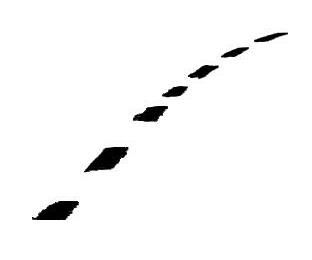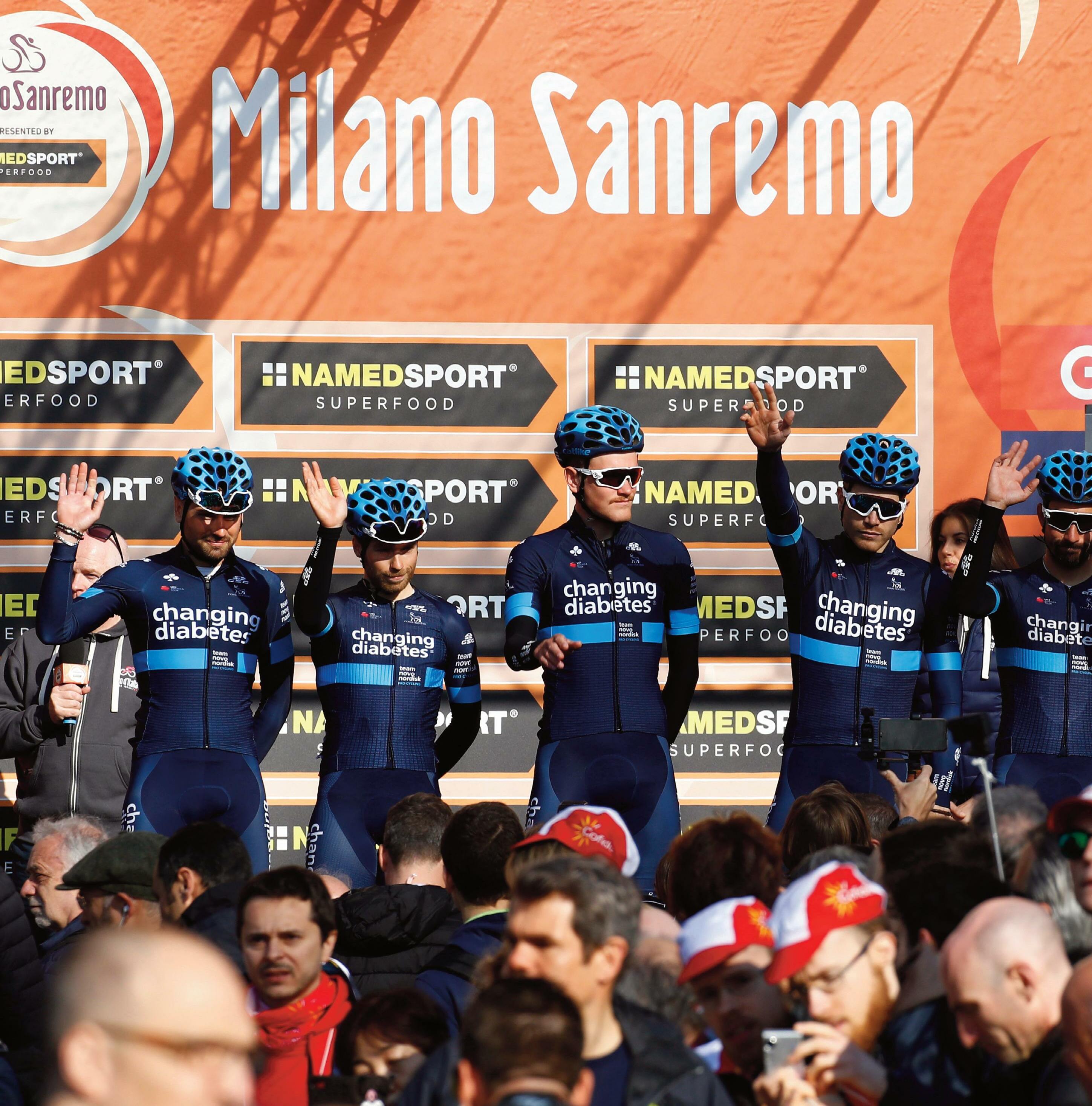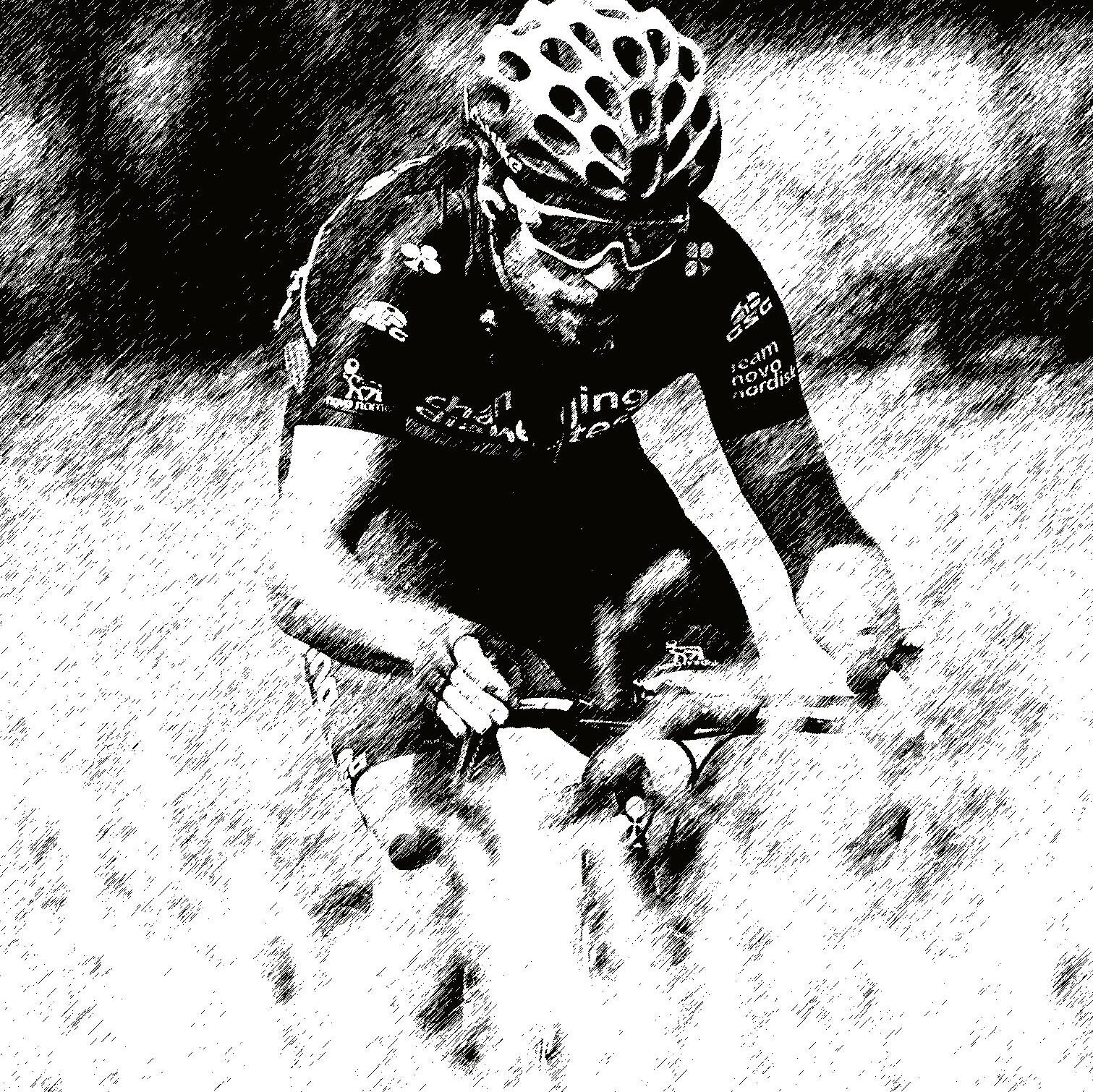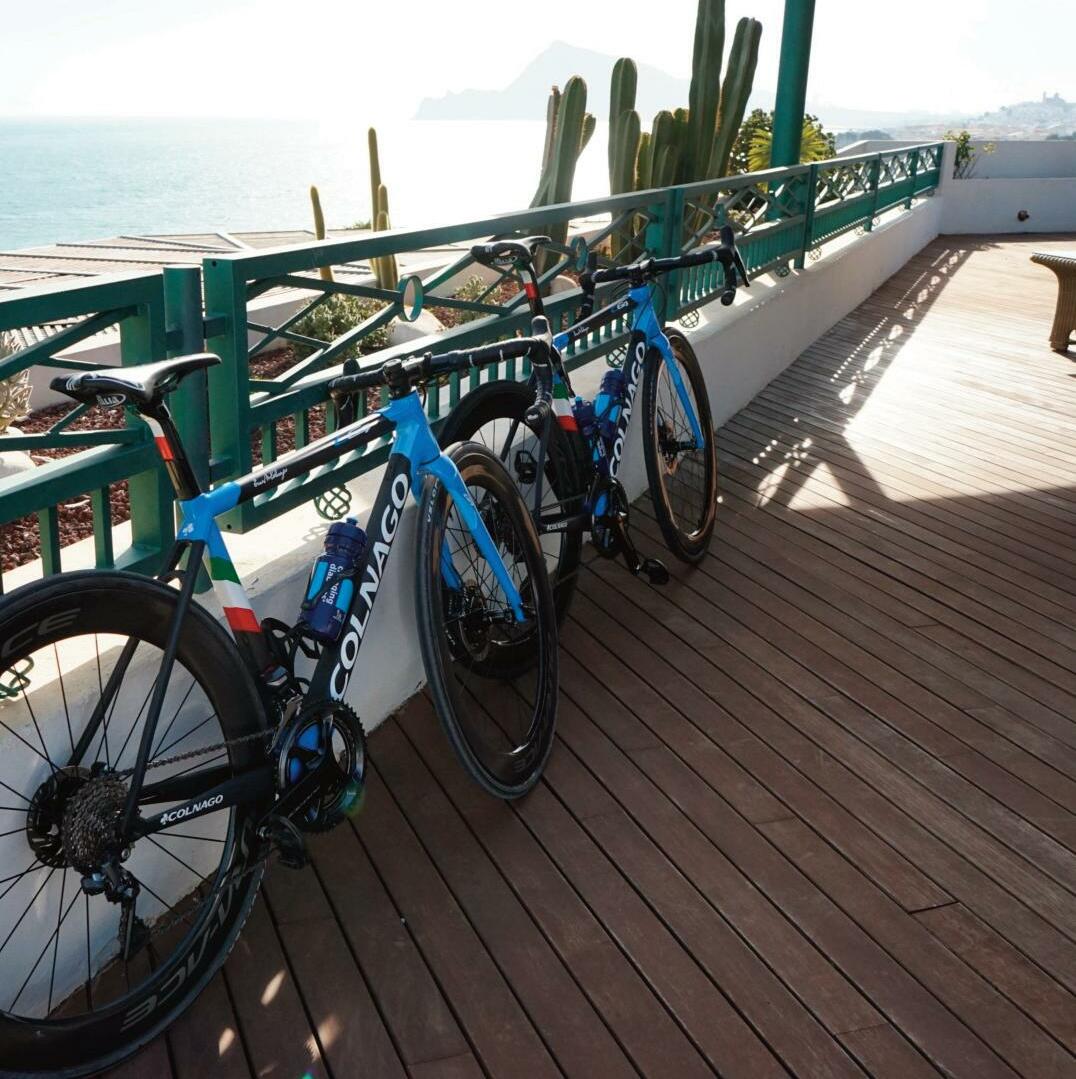
3 minute read
The Milan-Sanremo as a symbol
If you talk with those working in the sector, they’ll tell you that Milan-Sanremo, from a technical point of view, is an easy race. There are no rough stones of the Roubaix, with its infernal sectors. There are no walls of people which are present at the Tour of Flanders. There are no cotes of the Liège–Bastogne–Liège. There isn’t even the 4000 meters of difference in height of the Tour of Lombardy, with its iconic passages of Ghisallo or Muro of Sormano.
Yet the Milan-Sanremo is unique. It’s a monumental classic which, actually, opens the cycling season. People look forward to it. The spring is lit by the Super Classic even if sometimes, it’s still cold and you can still find snow on the Turchino.
300km without great emotions. First Po valley, and then the Aurelia from Genova to Sanremo. The Turchino is a small hill, a small climb - It’s nothing to those cyclists. In the last 30km, there are the Cipressa and Poggio. They are not the Stelvio and Gavia, but after 270km of cycling their not so much difficult slopes may become very hard to deal with. The Milan-Sanremo is so fascinating because it’s unpredictable. On paper everyone can win it. It’s not a race just for sprinters. It’s not just for finisher or tough sprinters. It shouldn’t be for climbers, but Claudio Chiappucci won this race in 1991, Vincenzo Nibali in 2018 and Marco Pantani got close to it.
Every cyclist who starts from Milan has a chance. There is someone who can’t endure the 300km of the race. A distance from the early twentieth century. A race which wears out the cyclists and might be made, by the weather, very hard.
If one takes a look to the roll of honour, one may figure out that all the greatest have won it. From the unmatchable Eddy Merckx (7 victories!) to Costante Giradengo (6 victories); from the 4 triumphs of Bartali and Zabel to the 3-peat of Coppi and De Vlaeminck. We cannot forget that cyclists like Francesco Moser, Giuseppe Saronni, Laurent Fignon, Raymond Poulidor, Felice Gimondi, Sean Kelly and Gianni Bugno, have won the Milan-Sanremo. Up to the most recent Paolo Bettini, Mario Cipollini, Fabian Cancellara, Oscar Freire (3 victories), Alessandro Petacchi and Mark Cavendish.
Vincenzo Nibali, winner in 2018, despite having already won the big three Tour, Giro and Vuelta on the
finish line of Via Roma understood what it means to win a monumental classic. He has joined the elite winners and his fame has grown dramatically. Because the Milan-Sanremo is unique. Charming in its apparent simplicity. Un- predictable like no other races inside the calendar.The eyes of cycling world, in midMarch, are all focused on Ligurian Riviera. A race which has great impact and attracts so much media interest - The best way to “show off ”. For this reason, the boys of Team Novo Nordisk have always played it by attacking. With Andrea Peron in 2015 and 2016, with Umberto Poli in 2017, with Charles Planet in 2018 and even with 4 cyclists in 2019 edition: Peron, Poli, Planet with the addition of Jonas Henttala. A little record.
Guys who sprint ahead. Guys on a mission to tell the world that though they’re seemingly different because they have type 1 diabetes, they can still be protagonists in one of the world's most popular and glorious race. In these pages we will look at their stories and their emotions. They didn’t win the Milan- Sanremo, but for 150-200km they were at the head of the group. This book will make their story known and carry their message so that it’s received with clarity. Also thanks to the charm of Milan-Sanremo…


Every team sets goals during the most important events. There are great and well-organized teams which aim for victory, and maybe the Team Novo Nordisk doesn’t have a cyclist able to win the Milan-Sanremo. But the goal which they set had great exposure, appearing on television broadcasts worldwide. This Is another type of victory. The boys of the team, whose manager I personally know, have always shown exemplary behavior and their message is powerful: sport, even if cannot stop the disease, still helps one to lead a normal life.“
Mauro Vegni Director of the Milan-Sanremo










